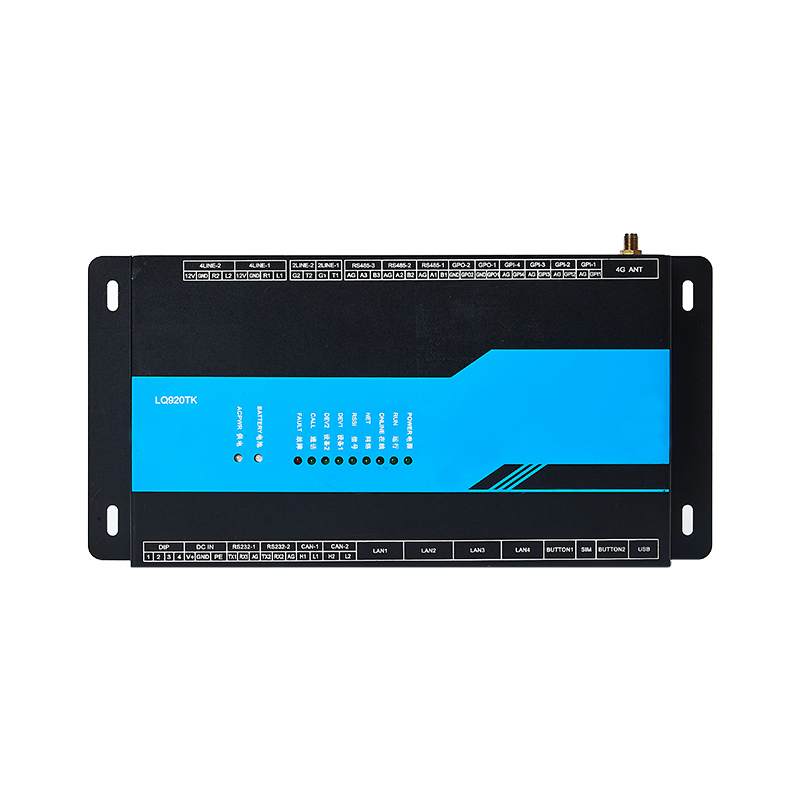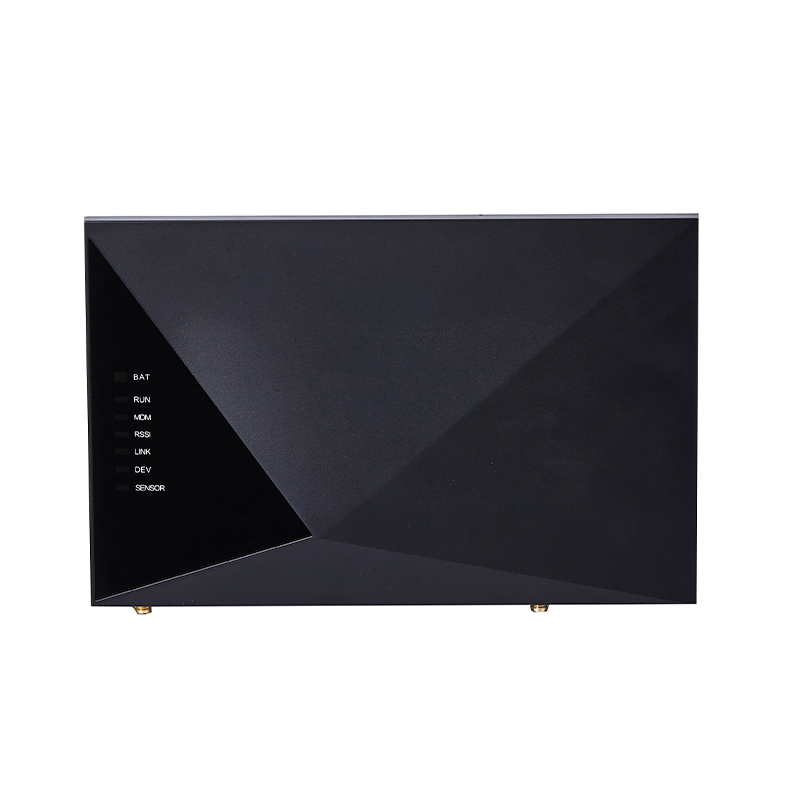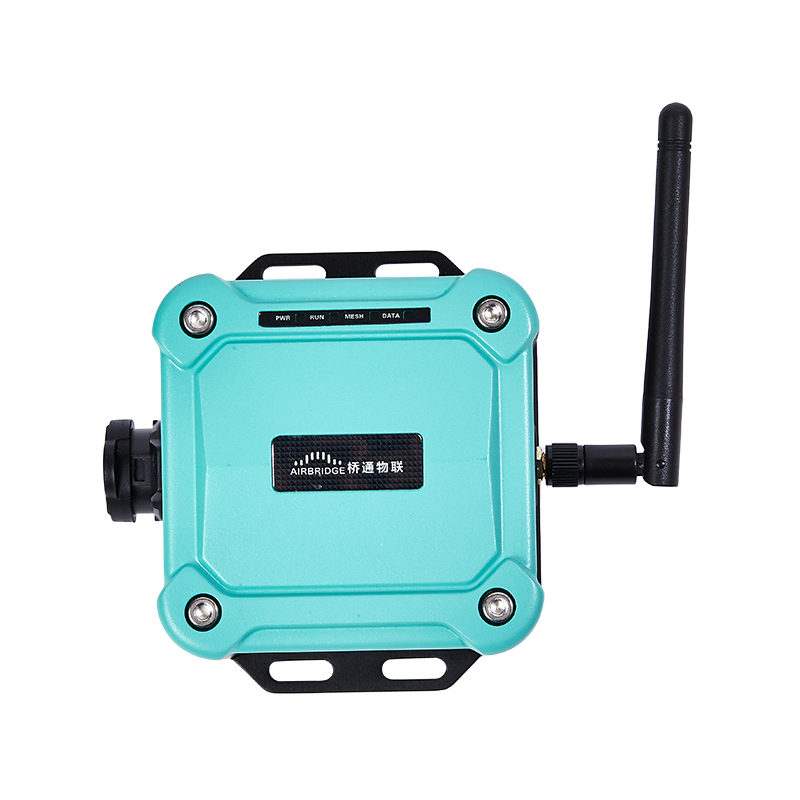How do industrial routers protect against external network attacks through firewall functions?
Release Time : 2025-10-28
As core equipment in industrial networks, industrial routers' firewalls are a crucial line of defense against external network attacks. By deeply integrating hardware protection with software strategies, industrial routers build a multi-layered security system to effectively block unauthorized access, malicious traffic, and advanced persistent threats, ensuring the stable operation of industrial control systems.
The firewall in industrial routers primarily relies on packet filtering technology for basic protection. This technology examines packet header information, such as the source IP address, destination IP address, port number, and protocol type, and combines it with pre-defined access control lists (ACLs) to precisely filter out unauthorized traffic. For example, in smart manufacturing scenarios, industrial routers can configure rules to prohibit external devices from accessing PLC control ports, allowing only authorized IP addresses to interact, thus blocking potential attack paths at the source. This static, rule-based filtering approach effectively blocks low-level attacks such as port scanning and IP spoofing.
The introduction of stateful inspection technology gives the firewall in industrial routers dynamic defense capabilities. Unlike simple packet filtering, stateful inspection tracks the session state of each packet to ensure that only legitimate connections are allowed to pass. For example, when an internal device initiates a request to access an external server, the firewall records the source port, destination port, and sequence number of the session. Subsequent packets must strictly match these parameters before they are allowed through. This mechanism effectively protects against complex attacks such as packet forgery and fragmentation attacks, ensuring the integrity of industrial network communications.
Deep packet inspection (DPI) technology further enhances the threat identification capabilities of industrial router firewalls. By deeply analyzing packet content, DPI can identify application-layer protocol signatures, malicious code signatures, and anomalous behavior patterns. For example, in industrial networks in the petrochemical industry, DPI can detect malicious command injection attempts targeting SCADA systems. Even if the attacker uses encrypted tunnels or uncommon ports to transmit data, protocol signature analysis can still reveal anomalies. This content-based defense approach addresses the blind spot of traditional packet filtering against application-layer attacks.
The industrial router firewall also integrates an intrusion prevention system (IPS) for proactive threat blocking. By analyzing network traffic in real time and combining threat intelligence with anomalous behavior models, the IPS can identify and block advanced threats such as zero-day attacks and APT attacks. For example, when an abnormal operation command targeting an industrial protocol (such as Modbus or OPC UA) is detected, the IPS immediately blocks the connection and generates an alert log. Simultaneously, through linkage mechanisms, it triggers other security features of the industrial router, such as temporarily isolating the infected device to prevent the attack from spreading.
Strengthening access control and identity authentication mechanisms is another key line of defense for the industrial router firewall. By supporting AAA authentication (TACACS+ and RADIUS), local user hierarchical authorization, and secure login methods such as HTTPS/SSH2, industrial routers ensure that only authorized users can access the management interface. For example, in industrial networks in the power industry, engineers must use two-factor authentication (password + dynamic token) to log into the router configuration interface. Operational permissions are strictly limited to the device monitoring scope, eliminating the risk of insider operation errors or malicious attacks.
Integrated virtual private network (VPN) functionality provides secure remote access to the industrial router. Using encryption protocols such as IPSec and SSL, VPNs ensure the confidentiality of data transmission between remote maintenance personnel and the industrial network. For example, when an equipment supplier needs to remotely debug an industrial router at a wind farm, a VPN establishes an encrypted tunnel to prevent debug data from being eavesdropped or tampered with during transmission. Firewall rules also restrict remote access permissions, limiting access to only necessary debugging ports.
The firewall functionality of the industrial router utilizes multi-layered technologies, including packet filtering, stateful inspection, deep packet inspection, intrusion prevention, access control, and VPN encryption, to create a comprehensive security system. This comprehensive defense mechanism not only protects against common cyberattacks but also addresses targeted threats against industrial control systems, providing reliable security for industrial networks in key industries such as smart manufacturing and energy and power.







